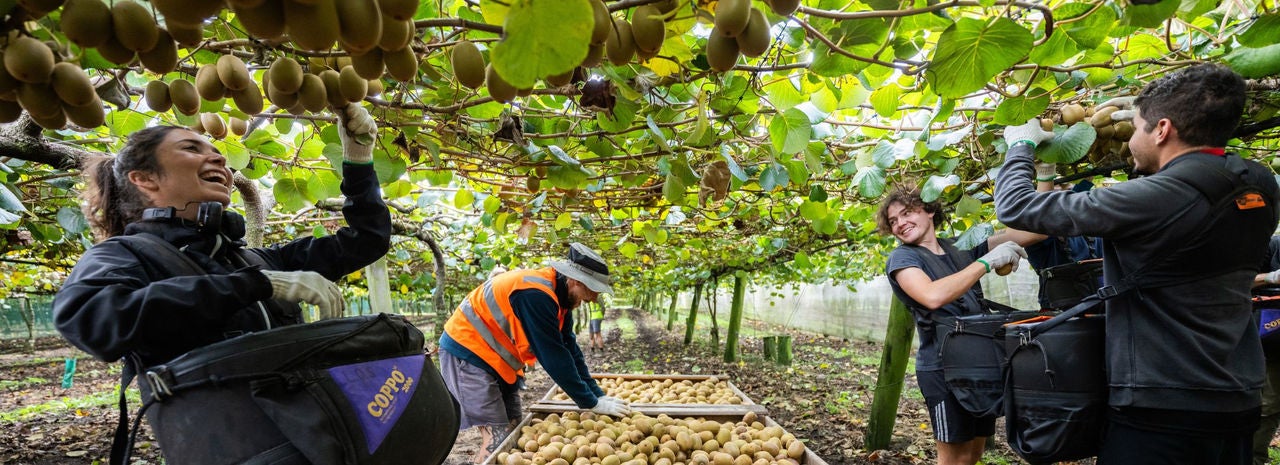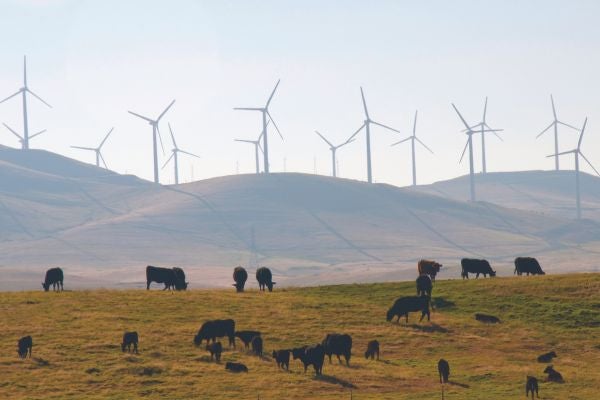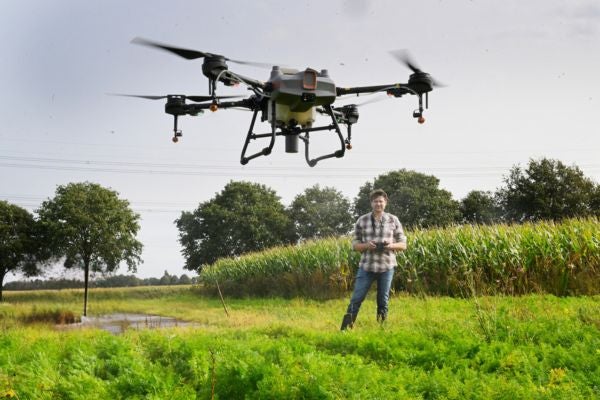"Just as the issues around climate change and greenhouse emissions have not arrived overnight, nor will the solutions. And in the interests of working constructively towards finding those solutions, Rabobank suggests New Zealand’s food and agriculture sectors will be well served to read the economic signals and maintain a focus on improving emissions efficiency despite the current respite from local regulations."
Todd Charteris, CEO, Rabobank New Zealand
Our cooperative ethos – everyone being better off by working together – is a key element of Rabobank’s DNA, and it’s the same approach we take to sustainability in New Zealand. This collaboration is vital given the pressures facing our farmers and growers in recent years.
In our 2022 white paper, Steering into the food transition, we underscored the imminent challenges of climate change and the imperative for more climate-efficient production. We emphasised that environmental responsibility is sound business practice and urged the sector to embrace these transitions as opportunities to improve farming businesses.
In July 2023, our second white paper, The great New Zealand balancing act, highlighted emissions efficiency as pivotal to balancing national priorities: reducing emissions while safeguarding global food security, national budgets, and rural prosperity.
Now, we are pleased to present our third instalment, Maintaining Our Emissions Edge, which provides a deeper exploration of credible solutions for ongoing discussions with New Zealand farmers, growers, and food producers.
In September last year, farmer confidence dropped to an all-time low due to concerns over government policies and regulations, though optimism is on the rise again with the Coalition Government’s steer towards a regulatory ‘breather’.
However, we caution against complacency. As climate change accelerates, and global sustainability regulations tighten, Rabobank advocates for a continued focus on improving emissions efficiency to help protect New Zealand's global food production role. We propose establishing clear benchmarks with robust emissions measurement tools, providing incentives for our best performing producers, and to foster an environment that drives innovation and technology.
As New Zealand’s only specialist food and agri bank, we believe that what is good for the planet, is good for our clients’ businesses. We are committed to supporting rural resilience, advocating for food producers, and facilitating equitable transitions to sustainable practices.
We trust this report contributes meaningfully to these ongoing transitions.




